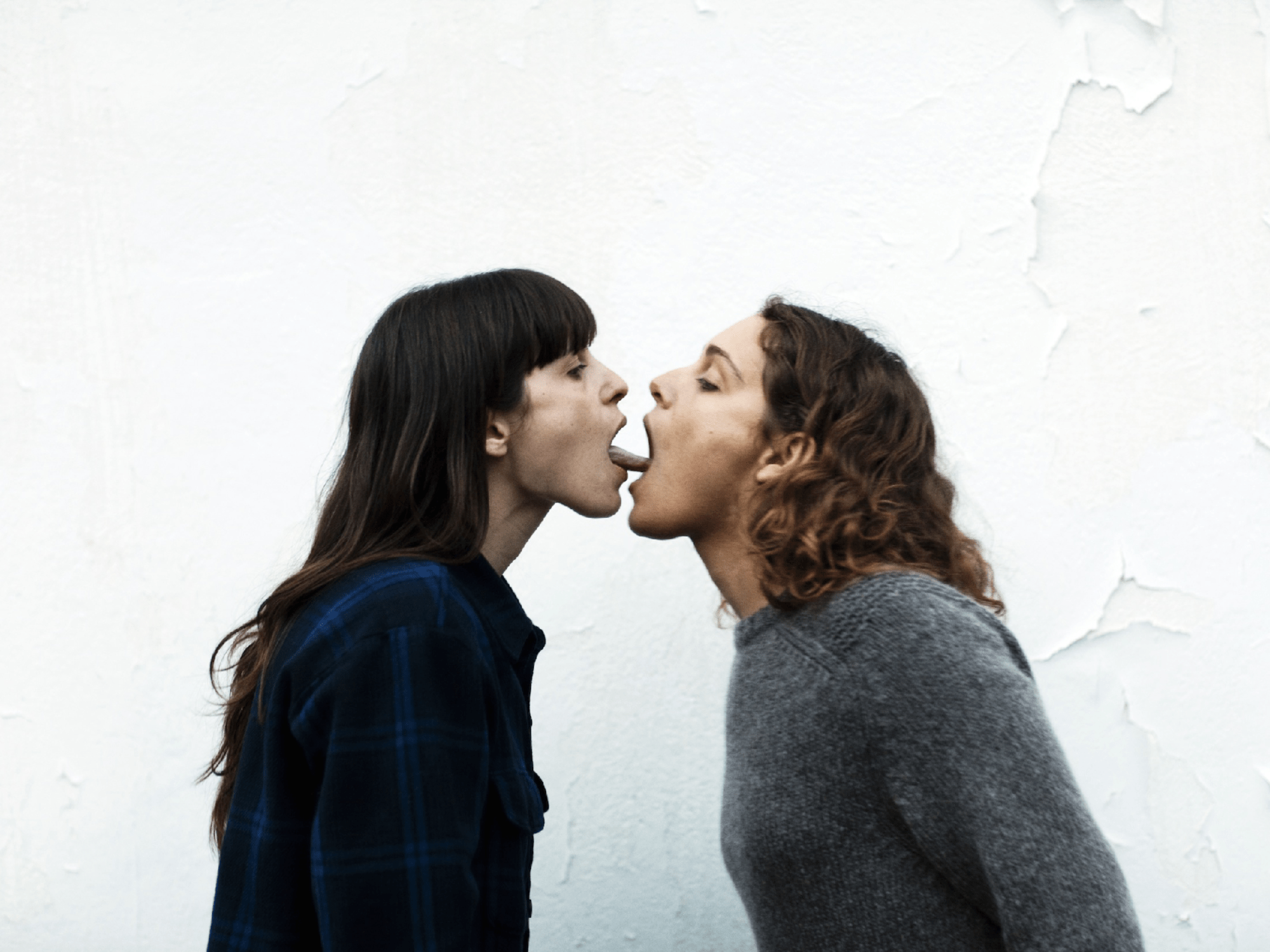Whether it’s political, societal, or sexual turmoil, cinema’s Greek Weird Wave rose to confront the harsh capitalist realities of the country in the late 2000s. Beginning in the midst of Greece‘s financial crisis, the film movement – shaped by surrealism, strange dialogue and a gritty approach to sex, gender, politics and family – never had the answers to the issues the country was facing, but provided an unorthodox perspective on it to outsiders looking in.
With the premiere of one of the Weird Wave’s latest entries – Yorgos Lanthimos‘ Poor Things – almost here, it’s time to look back at some of the deeply strange films of the movement he helped pioneer.
Dogtooth (2009)
While some consider Yorgos’ first film Kinetta (2005) a little too experimental, the follow-up, and his first major hit, was Dogtooth. The film follows a family living in an isolated and confined country estate, where home-schooling gets taken to the next level. The family patriarch isolates his three teenage children from the outside world, teaching them new vocabularies to fight away unwelcome words. This societal commentary is as disturbing as it is funny, highlighting the lack of social skills that can be a consequence of home-schooling. Moreover, it’s a film about parental dominance under the guise of ‘protection’.
Chevalier (2015)
Like Yorgos, Athina Rachel Tsangari is one of the pioneering figures of the Weird Wave. In Chevalier, the director examines the strange rituals of masculinity. This is established through a game involving six men on a boat, who must measure, compare, sing, test each other, and fish – but exactly what they’re competing for is unclear. The film satirises and toys with the ideas of toxic masculinity, with a little hint of Athina’s staple detachment.
Attenberg (2010)
In Athina Rachel Tsangari’s Attenberg, two women see life quite differently. Marina (Ariane Labed), a woman caring for her dying father, is repulsed by most of humanity. Then, Bella (Evangelia Randou) arrives in town. Outgoing and confident, she challenges Marina to a host of strange dances and odd kissing-slash-spitting rituals, all in the hopes of bringing Marina’s foolish side out, to prepare her for life after her dad’s passing.
Alps (2011)
With its stilted dialogue (something that would go on to become a Lanthimos signature) and sterile framing, Alps is a monumental film in the Weird Wave. A group of people from different professions establish a unique service in which they impersonate the deceased on behalf of grieving clients. This is the director at his most absurdly humane, and features two of the Weird Wave’s best, Angeliki Papoulia and Ariane Labed.
Boy Eating the Bird’s Food (2012)
The debut feature from Ektoras Lygizos is a much more direct portrayal of the financial crisis in Greece; in it, the unnamed lead character must steal food from birds to survive. It’s hard to watch at times, and won’t be for everyone; the minimalist dialogue and slow pacing asks audiences to understand its protagonist through showing rather than telling. An uncomfortable tale of human degradation under the pressures of out-of-control capitalism that still hits home today.
Suntan (2016)
Tasked with taking over a local clinic on a small Greek island, 40-year-old doctor Kostis (Makis Papadimitriou) appears to be in for more than he bargained for. The beautiful beachscape where Kostis now finds himself is also a vibrant tourist location, and this is how he meets Anna (Elli Tringou) and her travelling friends. Soon, he tries to woo Anna in this cringe-inducing parody of older male desire and confused masculinity. It’s a film that strikes the strange balance between hilarious and depressing.
Pity (2018)
Though Pity has a male protagonist (Giannis Drakopoulos), its themes traverse the gender binary, becoming something universal. Babis Makridis’s film is the story of a man who is only happy when he is unhappy, with his addiction to sadness being, in truth, an addiction to the attention he gets from being sad. It is a perfect Weird Wave film, poking fun at life and death, human suffering and tragedy, but underneath all of the jokes and metaphors is a deep social commentary on loss and just how broken the systems designed to help us cope really are.

